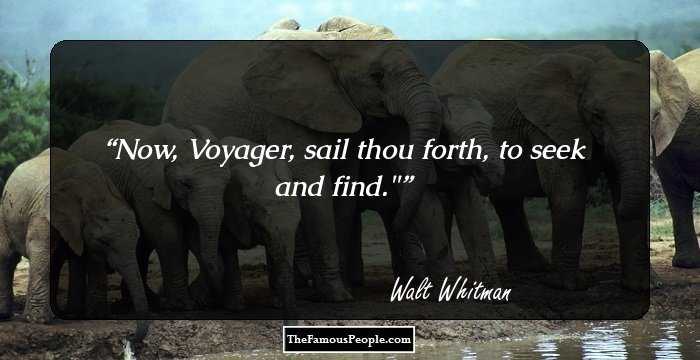

The etymology of the word reflects this historical origin. Rather, it originally referred to something material: a financial instrument for coping with the mere possibility of peril, hazard, or danger. It did not refer to the immaterial fear of an undesirable event. Risk did not then mean extreme peril, hazard, or danger.

Buying and selling “risks,” merchants in long-distance trading purchased from one another financial compensation in the contingent event that a “peril of the seas” or an “act of God” struck their voyages and destroyed their property.

Risk was first synonymous with marine insurance-a financial instrument for coping with the uncertainty of transporting commercial goods across maritime space. It was born on the deep, in the act of maritime voyaging. Before that century of capitalist transformation, however, it was not. For by the end of that century, much like throughout the world today, risk was in fact everywhere. And in the United States, the most decisive chapters in risk’s history were written in the 19th century.

As a human invention, as a historical protagonist, risk has a biography. Since risk is now so ubiquitous, it might seem impossible to write its history. In the 19th century, Americans had their own term for this tension, for all of the sudden economic twists and turns, booms and busts, and ups and downs that were newly and inexplicably in their midst. That tension was at the very operational and moral heart of both capitalism and a rising liberal order. As daunting as the task of managing risk could be, there was also the existential thrill of taking a risk. But they had to learn to cope with them, and even to profit from them. Nineteenth-century Americans spoke of howling winds, thunderclaps, unknown breakers, and tempests and storms and cyclones that swept over the deep-for which they were not responsible. Now the image of the ship on stormy waters became a powerful metaphor for the perils and possibilities of life under capitalism. Human beings had long associated the power of chance with the capricious tides of the high seas. The spread of capitalism had brought the insecurity of the sea to the land. Uncertainties and anxieties-some old, some new-had to be managed and coped with, perhaps even capitalized upon. Meanwhile, men had begun to insure their own lives, brokers had begun to sell mortgage-backed securities, and farmers were beginning to buy commodities-futures contracts. Capitalism-an economic system that thrives on radical uncertainty-was asserting control. Sometime during the 19th century it became all but impossible to imagine the modern condition without the word “risk.” By 1871, Whitman was able to invest risk with great lyrical power. Outside the world of long-distance maritime trade, risk had very little meaning or use. Long a technical concept in the financial arena of marine insurance, at the end of the 18th century “risk” still simply referred to the commodity bought and sold in an insurance contract. In 1871, Walt Whitman offered a maritime allegory of the experience of individual freedom. In the 19th-century United States, voyage was an image that Americans invoked time and again to capture what it was like to live on the stormy seas of capitalism. Reckless, O soul, exploring, I with thee, and thou with me įor we are bound where mariner has not yet dared to go,Īnd we will risk the ship, ourselves and all. Sail forth! steer for the deep waters only!


 0 kommentar(er)
0 kommentar(er)
